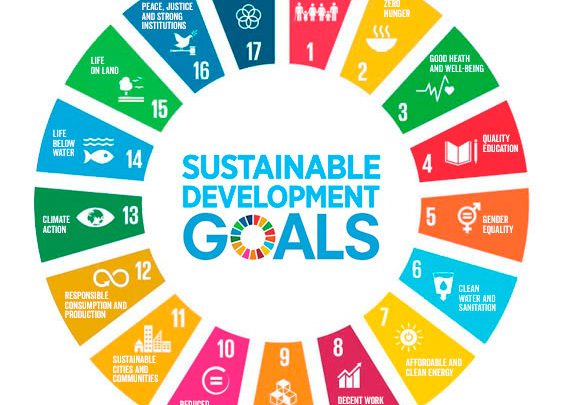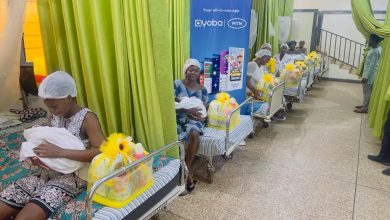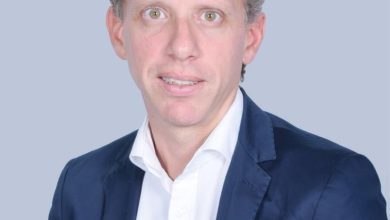
The International Budget Partnership (IBP) has convened leading African civil society leaders and governments from 50 African countries this week in Abuja to advance progress on open budget practices and leverage Integrated National Financing Frameworks (INFF). A four-day event (September 27-30) is being held in partnership with the INFF facility, the United Nations Development Program (UNDP), United Nations Children’s Fund (UNICEF), United Nations Department of Economic and Social Affairs (UNDESA), and United Nations Economic Commission for Africa (ECA).
As countries grapple with the effects of the pandemic and record-high debt, many are realizing that effective management of resources is essential to ensuring that they can achieve the Sustainable Development Goals (SDGs), or global goals. Several African countries are pursuing Integrated National Financing Frameworks to create a single nationally-owned and led plan to improve coherence, coordination and impact across different partners and sources of SDG financing. Nigeria launched its INFF last week.
A transparent and inclusive budget process is also critical to ensuring that countries can better leverage financing to advance the global goals. The latest Open Budget Survey found that budget transparency scores in the region increased by 16 points (a jump of about 70%) since 2008, albeit from a low base in many countries. Nigeria is one of the top three improvers globally in the survey, increasing its score by 23 points from 2019 to 2021. Yet, few governments are sufficiently expanding spaces for the public to meaningfully engage throughout the budget process. At this meeting, government officials from The Gambia, Benin, Uganda, Kenya, Ghana, Zimbabwe and Sierra Leone will talk about how budget openness is helping them propel the SDGs.
“As countries face intense tradeoffs, expanding access to budget information and opening spaces for the public to engage meaningfully across the budget cycle can ensure that public money reaches those who need it most,” said Austin Ndiokwelu, Nigeria country manager for IBP. “We have seen firsthand in Nigeria how diverse citizens’ groups—from women farmers to community health advocates—can leverage the budget process to inform government spending and propel progress on key development goals, such as food security and maternal health.”
“Now more than ever, governments need to ensure that allocations targeted at critical social sectors are spent as promised,” underscored Sally Torbert, senior program officer for IBP. “Too often we see that during budget implementation, governments deprioritize spending on social sectors. Civil society, and oversight actors, like legislators and auditors, can be essential partners in ensuring that public money is spent effectively on sectors that are critical to the global goals.”
Source: https://internationalbudget.org/




